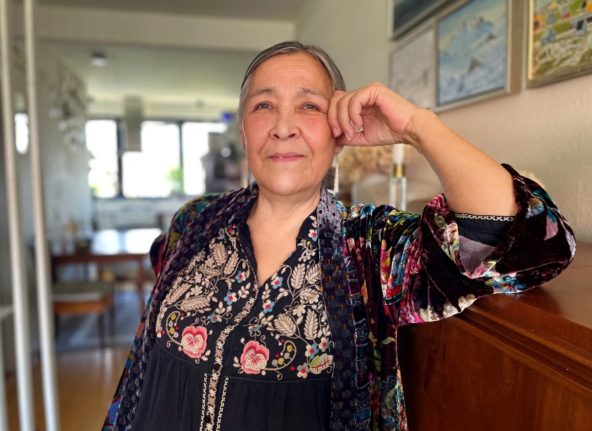Bjerre made the written statement to newswire Ritzau on the day that marks 50 years since Denmark legalised abortion.
“The government wants young women to be able to decide about their own bodies and their own lives. They must be able to make the choice themselves about whether to have an abortion.”
“That is why we now want to change the limit so that young women aged 15 or over no longer need parental consent,” she said.
The age limit to have an abortion without parental consent is currently 18 years old, although there are some exceptions. It is not clear when the government wants the new age limit to come into force.
According to a report from the Abortion Board, there were 30 applications across the five regions for permission to abort without parental consent in 2021, of which three were refused.
Writing on Twitter, Bjerre said that reducing the age limit would align with the age of sexual consent, which in Denmark is 15 years old.
“Abortion can be associated with many emotions, guilt and shame. It can be humiliating and have major consequences to have to ask for parental consent when you are under 18. We want to put an end to that, so that young people can choose for themselves whether they want to involve their parents,” she added.
Abort kan være forbundet med mange følelser, skyld og skam. Det kan være ydmygende og have store konsekvenser at skulle bede om forældresamtykke, når man er under 18 år. Det ønsker vi at gøre op med, så de unge mennesker selv kan vælge, om de vil inddrage forældrene.
— Marie Bjerre (@marie_bjerre) May 24, 2023
In Denmark, abortions are legal during the first 12 weeks of pregnancy.
Those who are not Danish residents but over 18 can still request an abortion in Denmark. In exceptional circumstances, women can have an abortion after 12 weeks of pregnancy, for example if the pregnancy was the result of rape or if the foetus shows signs of severe and incurable illness or disability.
In April, the Health Minister Sophie Løhde said that the government would await recommendations from the Ethics Council on lowering the abortion age limit, the results of which are expected this summer. The age limit has not changed since Denmark became one of the first countries to legalise abortion in 1973.



 Please whitelist us to continue reading.
Please whitelist us to continue reading.
Member comments